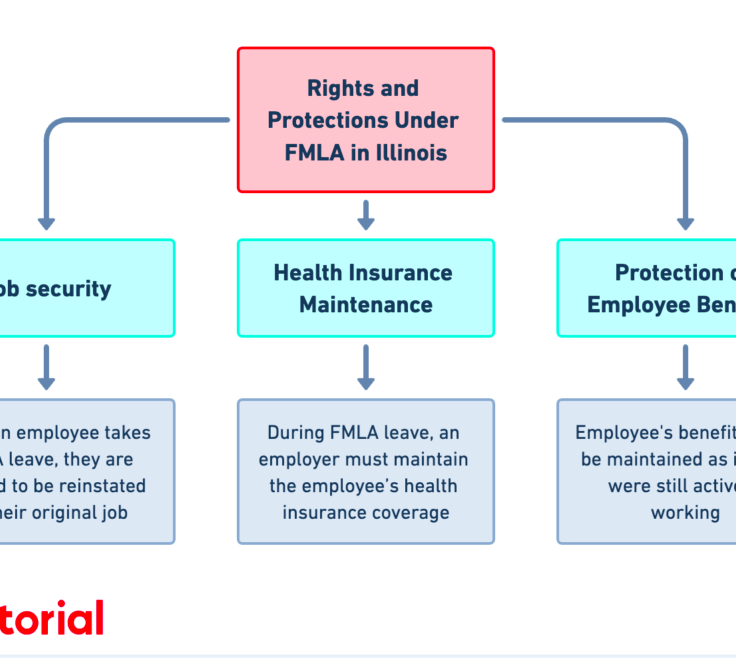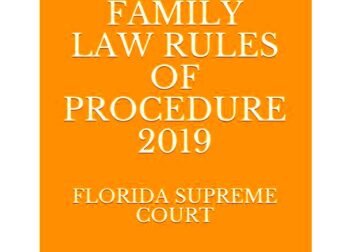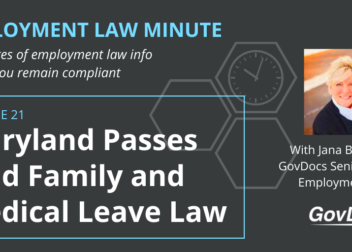Key Aspects of Illinois Family Leave Regulations
The family leave laws in Illinois are the perfect balancers between the private and professional life of workers. They provide job protection and supports to employees in need, no matter if it is for taking care of a new baby or a sick family member or dealing with other family issues. The state also has its own laws that provide even more protections while following the federal regulations on this matter. The laws, therefore, will help you know your rights concerning family leave in Illinois.
Eligibility for Family Leave in Illinois
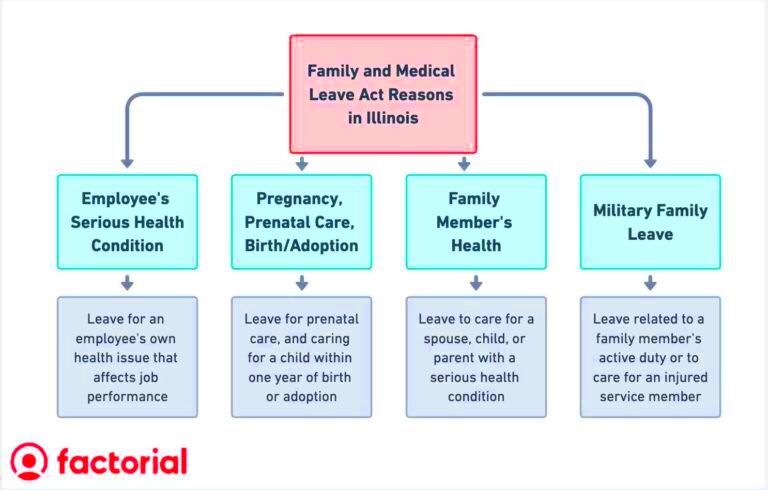
Family leave isn’t granted to all employees in Illinois; rather, some factors will be looked into such as how long you have served your employer or the size of the firm. General eligibility requirements include:
- Worked for the employer for at least 12 months
- Worked at least 1,250 hours over the past year
- Employed by a company with 50 or more employees
Some more benefits relevant to leave may also be offered by some employers hence checking the employment contract and the policies of the organization becomes crucial. On the other hand, if you happen to be employed by a small firm, there might be specific family leave laws which don’t apply to you but still different types of leave or accommodations can be availed.
Types of Family Leave Available
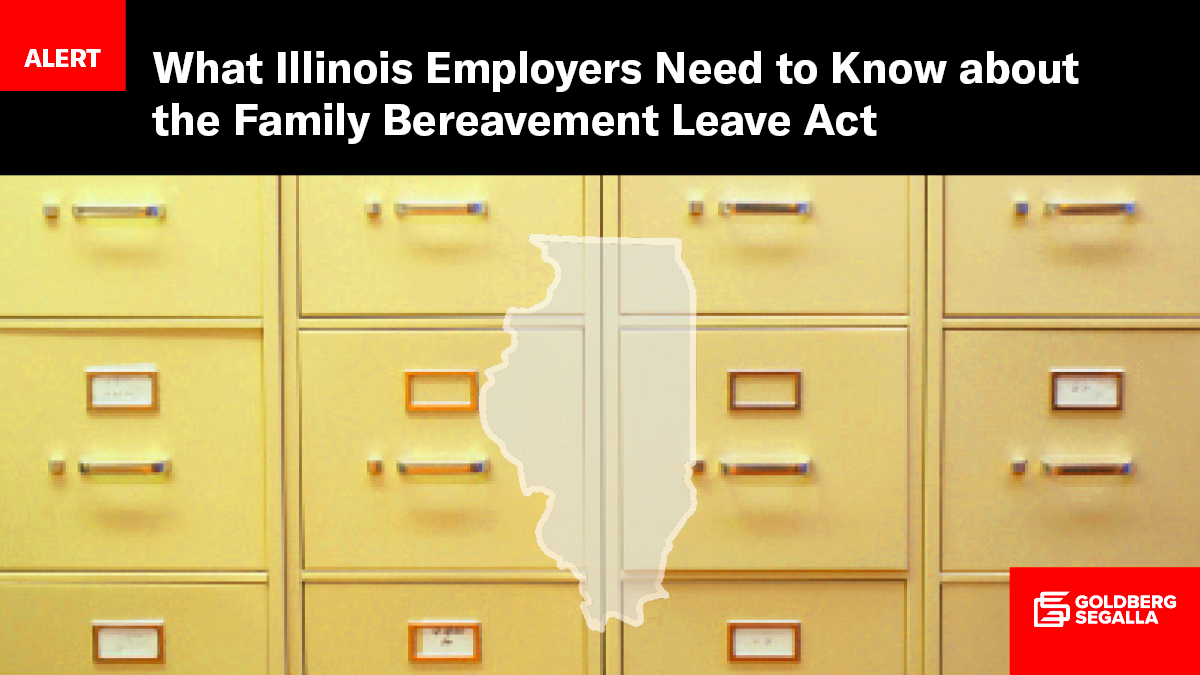
Based on the unique circumstances, Illinois has various forms of family leave. The following are the most frequent types:
| Type of Leave | Description |
|---|---|
| Parental Leave | Allows parents to take time off for the birth or adoption of a child. |
| Medical Leave | Permits leave for serious health conditions affecting the employee or an immediate family member. |
| Military Family Leave | Offers leave for issues related to military deployment or to care for a military family member. |
Various types of leave have their own respective regulations and preconditions thus, one must look into both state and federal directives in order to establish if they apply on this case.
How to Apply for Family Leave in Illinois
In Illinois, applying for family leave may appear overwhelming; on the contrary, it is simply a straightforward process that can be completed smoothly knowing what to anticipate. A major consideration is understanding the necessary documentation and timelines. The following are important steps to take:
- Notify Your Employer: Start by informing your employer as early as possible. For planned events like childbirth or adoption, provide at least 30 days’ notice.
- Submit Required Documentation: Employers may require forms to verify the need for leave. For medical leave, a doctor’s note is typically necessary. For adoption or foster care leave, legal documentation may be required.
- Follow Up: Once your leave request is submitted, follow up with your HR department to ensure everything is in order. They will guide you through any additional paperwork or approvals needed.
It is the responsibility of employers to reply to your permission for absence claim in a reasonable time. However, if your request is granted, you will receive confirmation of the dates you will be away from work and may still have to comply with other provisions, for example, sending updates at intervals.
Job Protection During Family Leave
The most significant things about family leave is that your job is protected while you are away from it. The Family and Medical Leave Act (FMLA) and Illinois law allow you to return to the same or an equivalent position after your leave. It means that:
- You cannot be demoted or lose your job because you took family leave.
- Your pay, benefits, and responsibilities should remain the same upon your return.
- Any promotions or raises you would have received while on leave must still be considered.
Exceptions exist, though. In the case of layoffs or restructuring that result in your position being removed; an employer does not have to return you to your previous position, but must place you in an equivalent one if it exists.
Impact of Family Leave on Benefits
Although family leave provides job security, it can have different effects on your benefits, depending on the employer’s rules and the type of leave you take. This is what you should anticipate:
- Health Insurance: Under FMLA, your employer must maintain your health insurance coverage as if you were still working. You will need to continue paying your portion of the premiums.
- Paid vs. Unpaid Leave: Family leave is often unpaid, but some companies offer paid leave through sick days, vacation days, or short-term disability plans. Be sure to ask your employer about any paid leave options available to you.
- Retirement Benefits: Contributions to retirement plans, like 401(k), may be paused during unpaid leave. However, once you return to work, these benefits will typically resume.
Before taking an leave it is advisable talking to the HR department so that you can grasp how your benefits will be impacted and what options are there to keep them.
Frequently Asked Questions About Illinois Family Leave
Below are the responses to certain frequently asked questions with respect to family leave policy in Illinois:
1. Is family leave paid in Illinois?
The Family and Medical Leave Act (FMLA), as well as Illinois law, usually provide for family leave without payment. Yet, a few bosses may provide salary compensation from used up holiday time, sick days or other policies on remunerated time off. You should confirm with your boss what their specific stance is on the issue of compensated leave choices.
2. Can both parents take family leave at the same time?
In case both parents are working for a single employer, the employer may restrict their total leave to a total of twelve weeks for occasions such as giving birth or adopting a child. However, they can still take their own personal leave due to their health problems or in caring for a relative under FMLA regulation.
3. Does family leave apply to part-time workers?
Part-time workers may qualify for family leave if they meet the eligibility criteria, such as working for the employer for at least 12 months and having logged 1,250 hours of work during the past year. If you are part-time, it’s worth confirming with your employer whether you meet these requirements.
4. What happens if I don’t return to work after family leave?
It’s important to understand that if you don’t go back to work after taking family leave, then you might be required by your employer to payback the health insurance premiums paid on your account while you were away from work. However, exceptions could be made where there are serious illnesses or any other unavoidable circumstances that may prevent one from returning.
Conclusion
Knowing the Illinois family leave regulations is vital if one wants to safeguard their employment during times of personal or family responsibilities. Once you know your rights and how to apply, you will comfortably take leave without jeopardizing your position and benefits.
